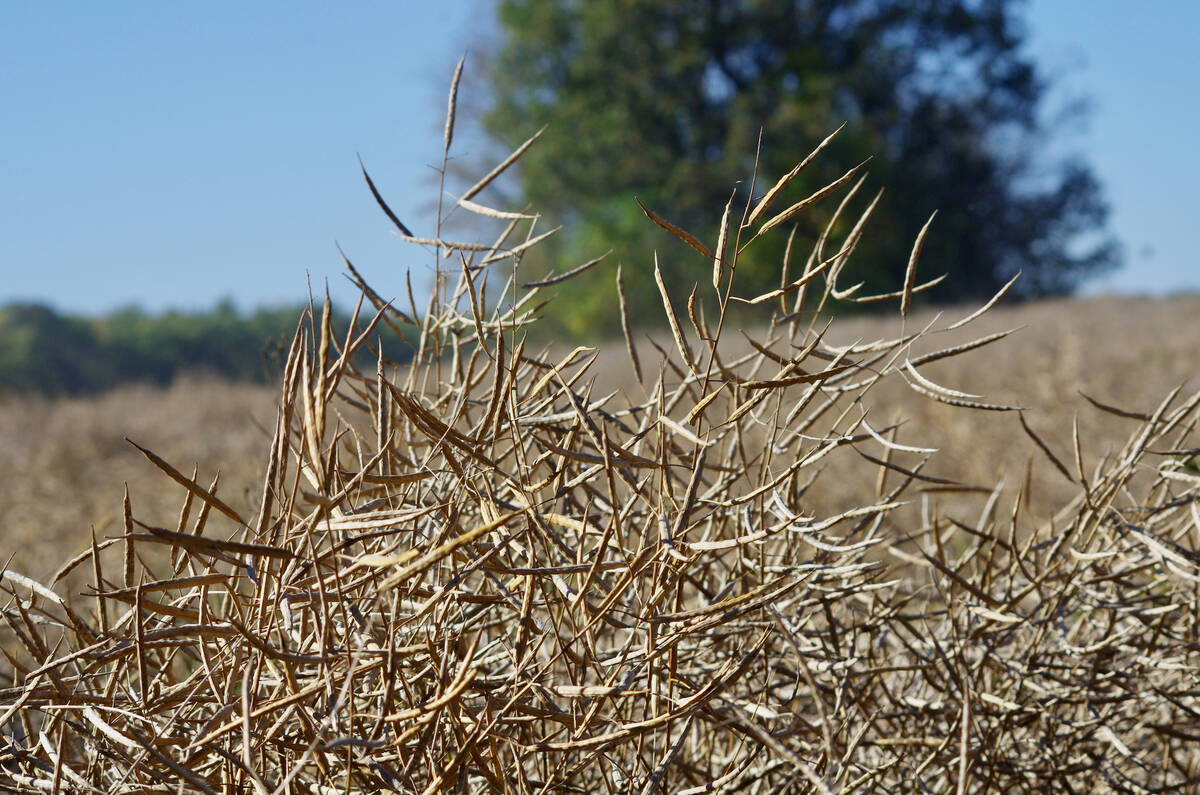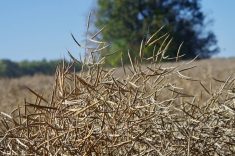Saskatchewan Pulse Growers have linked up with the National Research Council and the University of Saskatchewan’s Crop Development Centre for a research partnership aimed at boosting yields in commercial pulse crops.
The partnership, announced last week during the Agricultural Biotechnology International Conference (ABIC) in Saskatoon, is to focus on genomics research contributing to lower production costs, lower risks, higher crop values and improved processing quality.
The partners’ $3.8 million, three-year agreement calls for the NRC to conduct research that’s linked to the already-established pipeline for pulse crop breeding at the U of S, which SPG supports with funding.
Read Also

ICE Canada Weekly: Canola needs to back away from highs
Concerns about canola getting too expensive have crept into the Canadian oilseed’s recent rally on the Intercontinental Exchange.
“We believe that the winning formula in this agreement is the involvement of the pulse crop breeding group from the CDC,” Kofi Agblor, SPG’s director of research, said in a release Thursday.
Through an investment in the development of gene markers for pulses at the NRC’s Plant Biotechnology Institute (NRC-PBI) in Saskatoon, SPG and the CDC will be able to incorporate these new tools into their breeding programs, speeding up varietal development and reducing costs, Andrew Sharpe, head of the DNA Technologies Laboratory at NRC-PBI, said in the same release.
“These new varieties will carry traits of interest to Saskatchewan farmers, increasing the value at the farmgate,” he said.
NRC-PBI has already been developing genomics resources with support from the federal and Saskatchewan agriculture ministries, the partners noted in their release.
The province is backing the project “Genomics of Flax, Lentil, Field Pea and Pea” with $400,000, while Agriculture and Agri-Food Canada, through its Pulse Research Network (PURENet), has put up $500,050 for the project “High-Throughput Genotyping for Pulse Crops.”
“The new partnership with SPG and the CDC will now allow us to apply that expertise to develop new crop varieties with improved disease resistance and stress tolerance,” NRC-PBI director general Jerome Konecsni said in the release.
Out of over 20 institutes and national programs operated by the NRC, the PBI is the only one focused mainly on plant-based research.
The NRC-PBI last week also announced an agreement bringing U.S. bioproducts firm Metabolix into its Industrial Partnership Facility in Saskatoon for work on camelina oilseeds.
The Cambridge, Mass. company plans to “further develop expression of bioplastics” in camelina and cited the Saskatoon area’s “vast research and development expertise and infrastructure” in its decision to set up operations at NRC’s research incubator facility.















